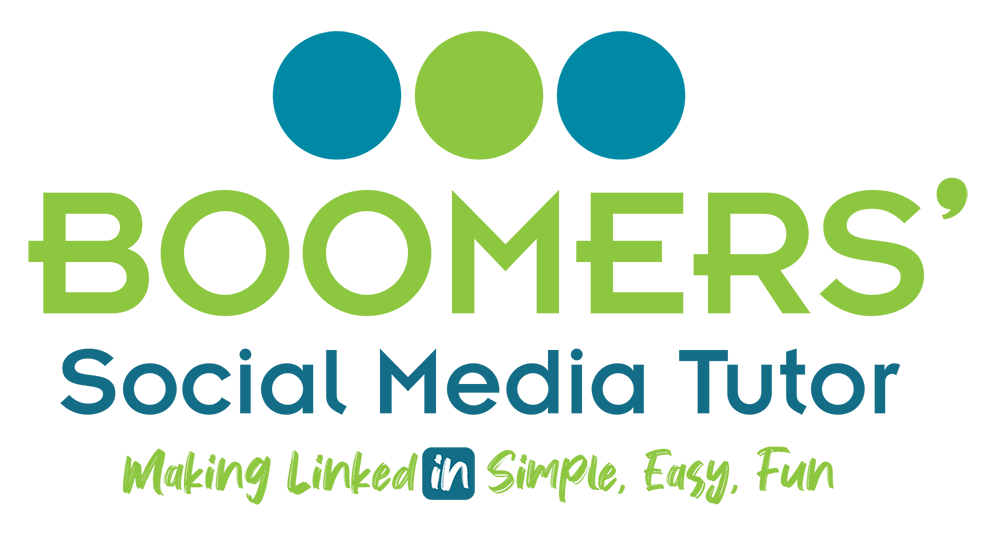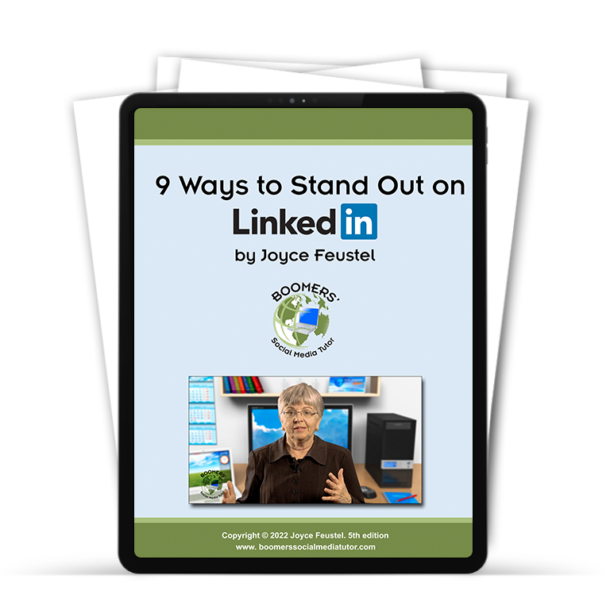Since I am not much of a TV watcher, I didn’t even think to turn on my TV to stay up to date on the flooding in my state of Colorado this week.
Instead, I just popped into my Facebook news feed to watch for posts made by individuals and of posts shared from news outlets.
Whether you use Facebook, Twitter and/or other social media sites to stay on top of breaking news in your community, state, nation or world, you can know 24/7 what is going on.
There are many positives to using social media in times of natural disasters. Yet, to me, there can be negatives as well.
Positives of Using Social Media in Times of Natural Disasters
- You can learn quickly about the whereabouts and status of loved ones you are concerned about via their postings or messaging them privately. Here is part of a post from a friend of mine who lives in an area affected by the flooding:
“Being able to stay connected with others during times of crisis/disaster is helpful. Friends & family from other parts of the country hear about flooding in Boulder and, knowing I live near Boulder, can easily check on me.”
- You know which areas to avoid if you need to drive somewhere or take the bus somewhere. Here is an example of a post I saw yesterday on my Facebook news feed where my friend was grateful for all the details in the City of Aurora’s Facebook page:
“Thanks to Aurora, Colorado City Hall yesterday, I was able to find a bus route that went around the closed roads. They have done a really great job keeping us informed on what is happening.”
- You can alert others of closed roads, cancelled events or other matters they might want to know about. Here is a post put up yesterday by the City of Aurora on their Facebook page regarding some misinformation they had posted earlier on their page:
“CORRECTION: As of 4:10 p.m. Sept. 13, eastbound I-70 to southbound I-225 is still closed. We were given incorrect information earlier, and apologize for any confusion that this may have caused.”
Negatives of Using Social Media in Times of Natural Disasters
- You become non-productive because you can constantly be checking on social media for the latest updates
- Just as with watching about these disasters on television, you can become depressed by the situations facing others and take on that depression yourself
- You can unintentionally mislead people by posting incorrect information which you had found on social media.
Back to You
How have you used social media in times of disasters? How has it helped you? How has it frustrated you? It would be great to hear your accounts.
About Joyce
Joyce Feustel helps people, especially those age 50 and up, to become more comfortable in their use of social media, particularly Facebook, LinkedIn, Pinterest and Twitter.
She works with business owners, retired people, consultants and many others. Find her at www.boomerssocialmediatutor.com

![river_storm_012[1]](https://boomerssocialmediatutor.com/wp-content/uploads/2013/09/river_storm_0121.jpg)
![1304873119HXYCd9[1]](https://boomerssocialmediatutor.com/wp-content/uploads/2012/09/1304873119HXYCd91.jpg)
![Pr_103_-_TRI_-_23_12_10_-_043[1]](https://boomerssocialmediatutor.com/wp-content/uploads/2013/09/Pr_103_-_TRI_-_23_12_10_-_0431.jpg)
![joycefeustel_1334461223_600[1]](https://boomerssocialmediatutor.com/wp-content/uploads/2012/12/joycefeustel_1334461223_60014.jpg)


Leave A Comment